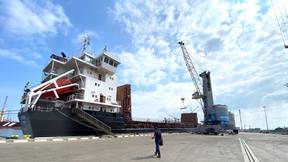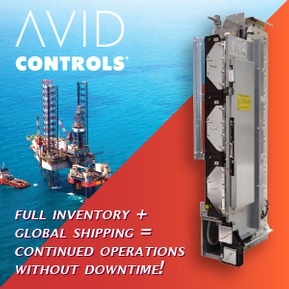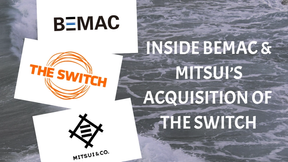Subsea Mining: All Eyes on Marine Minerals Offshore Norway
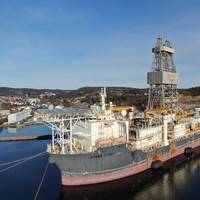
Marine minerals are coming under sharp focus offshore Norway. Analysts suggest it could be a $20 billion annual revenue industry by 2050, which is why many are taking an interest and developing the technology to make it happen. Marine mineral mining has been something of a slow burner in the wider marine world. It has some clear challenges, not least location and depth of these potential resources, but also concerns around its environmental impact.Yet it now appears to be coming into a distinctly sharp focus…
Are Offshore Ports the Future?
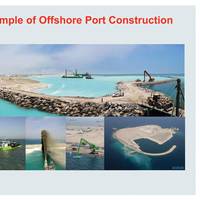
The benefits of offshore ports in the U.S. In many parts of the world, offshore ports are a good solution for meeting the requirements of the rapid changes in the international container and bulk shipping industry. Bigger ships, changing routes and destinations require larger and deeper ports, which port owners and operators can be confident will be capable of handling ever-increasing sizes of vessels for many years to come. One of the major challenges in the current container shipping industry is to bundle and organize capacity in the most economical way.
New Tidal Wave Energy Device Completes Sea Trials
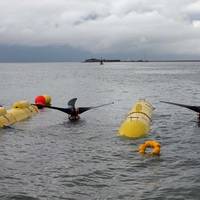
In the continuing quest to harvest efficient, renewable energy from the power of the world’s tides, an organization called Sustainable Marine Energy’s announced that its PLAT-O tidal energy platform has successfully completed its first field trials. Despite the tremendous power and predictability of the world’s waves and tides, efforts to successfully build and bring to market a device to harness, store and transmit power in an efficient manner have been largely unsuccessful in the commercial sense.
Connectivity Lifts Safety and Efficiency to the Next Level
Ship classification society risk and sustainability service provider DNV GL briefed the press today on the future of shipping at an event at the Posidonia exhibition in Greece. Tor Svensen, CEO, DNV GL Maritime, examined the potential and the challenges of shipping’s increasing use of connected systems to improve safety and efficiency. This new paradigm requires a different approach to testing and certification, to ensure safety and reliability while retaining a level competitive playing field. Tor Svensen presented DNV GL’s recently released report: “The Future of Shipping”. The report maps out six pathways to a future for the industry which is safer and more sustainable: safe operations of ships…
Kongsberg Maritime Establishes Cybernetics R&D Groupo
The group, which is currently recruiting new members, will mainly consist of PhD-level professionals in the field of engineering cybernetics, says head of the group, Morten Breivik. As an interdisciplinary field established during the Second World War, cybernetics takes its name from the Greek word 'kybernetes', meaning 'steersman'. Historically, cybernetics has always been a core competence for Kongsberg Maritime. It started with sophisticated ship automation solutions from Norcontrol in the 1960s and continued with dynamic positioning from KV Albatross in the 1970s. Today Kongsberg Maritime is the custodian of this proud heritage, furthering it into a maritime world which is facing fundamental changes to operational concepts and manning solutions in the future.
MSI to Present Paper for High-Speed Ferry Operators
Dr. Eugene Guest, director of MarineSafety International, will present a technical paper contrasting approaches to crew training for aircraft and rapidly evolving maritime high-speed craft (HSC) at the Fast Ferry International Conference and Exhibition to be held in Boston, February 16-18. Dr. Guest, an experienced merchant marine officer and former professor at the U.S. Merchant Marine Academy, states in his paper "high-speed ferries and airplanes are conceptually similar vehicles. Although they travel on the water instead of through the air, high-speed craft resemble passenger aircraft considering their light construction, power-to-weight ratios and operating procedures.


